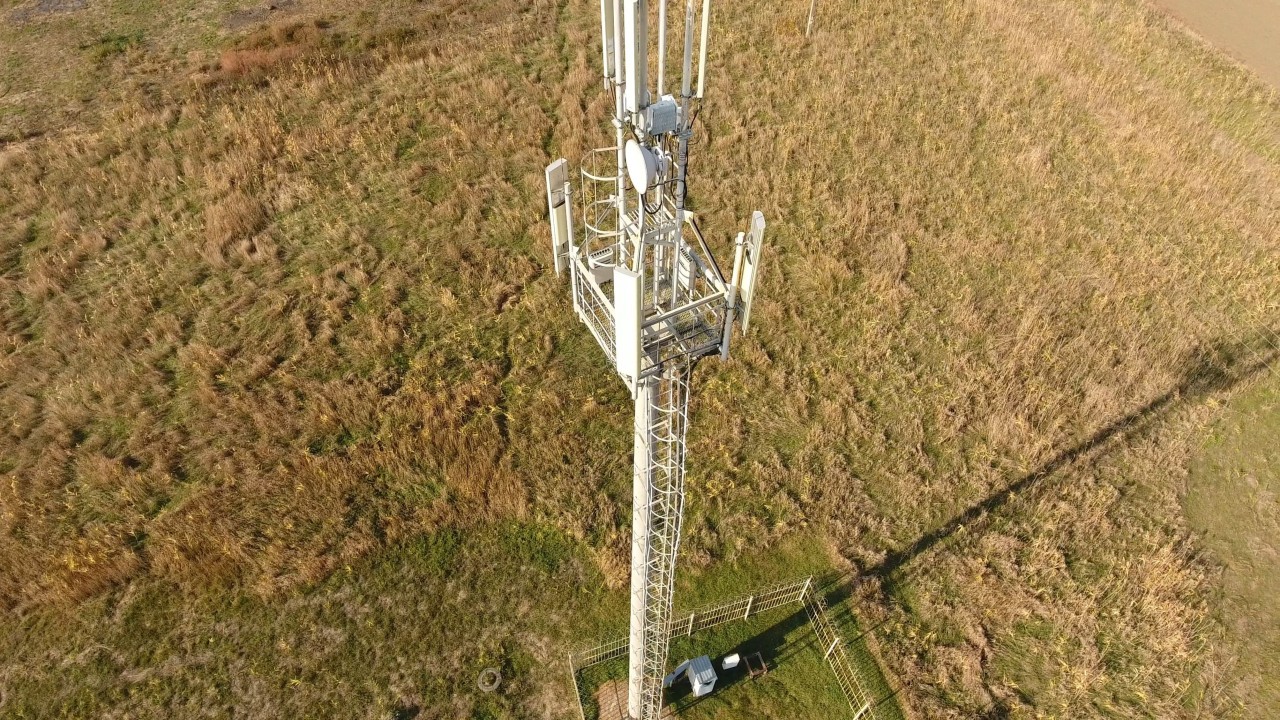5G wireless communication technology and other telecom advances could transform the U.S. economy and the way we work — but first, telecom companies must address a significant skills gap.
Workers trained to build and maintain a 5G infrastructure are in short supply. To find and train the right talent, technology companies will need to change the way they seek out workers with the potential to thrive in telecom.
Telecom talent: Challenges and opportunities
U.S. telecommunications investments in 5G have grown rapidly in recent years and are expected to grow further still. A Boston Consulting Group study, for instance, finds that U.S. telecom companies are expected to invest over $250 billion in 5G networks between 2020 and 2025, writes Mark Harmsworth, director of the small business center at the Washington Policy Center.
For these investments to pay off, 5G networks must be built throughout the country. “Widespread network deployment is critical to laying the foundations of the 5G economy, and rapidly achieving high penetration levels,” write Enrique Duarte Melo and fellow researchers at BCG.
Before other sectors of the economy can leverage 5G to expand their own businesses, the infrastructure to deliver 5G service must be in place. At the moment, however, the U.S. faces a shortage of workers with the training to build and maintain 5G equipment. This shortage poses a nationwide challenge for the new technology and the telecom industry, says Jimmy Miller, chairman of the National Association of Tower Erectors.
Building and maintaining a nationwide 5G infrastructure will require human effort. Over a seven-year period of building 5G infrastructure, approximately 50,000 new construction jobs will be added each year, write Majed Al Amine and fellow researchers at Accenture. A significant portion of these jobs will require specific expertise in 5G systems.
Currently, the U.S. has more 5G-related jobs than it has workers to fill them. Qualified workers also tend to cluster in cities that already host 5G companies, leaving large areas of the country without qualified talent.

5g and future demands on talent management in telecom
The push to 5G is expected to generate thousands of new construction jobs. Once 5G networks are fully operational, the technology will generate additional jobs in a wide range of industries. Many of these positions will require familiarity with 5G technologies.
Cultivating and keeping 5g talent
Today’s 5G infrastructure builds need qualified workers. To maintain these networks and encourage their use, however, telecom companies need to retain outstanding talent, as well.
“Building 5G requires unique capabilities, which depend on software more than hardware/equipment. Adapting will have fundamental impacts on the workforce, requiring digital upskilling,” say Mark McCaffrey, Dan Hays and Rob Mesirow at PwC.
Technicians working on 5G projects need a range of skills, many of which are unique to the new technology. For example, technicians need training in small cell antenna installation, distributed antenna systems, fiber work, and the particulars of 5G design, construction, and equipment, says Miller.
To achieve full 5G capacity, the nation’s telecom companies will need talent in a wide range of positions. According to Miller, these positions include tower techs, RF engineers, antenna installers, and site managers.
Once 5G is widespread, the technology has the potential to change many other jobs as well. 5G promises to automate a wide variety of tasks, which means that the humans presently responsible for those tasks will require retraining into new roles.
“New skills will be needed, which will involve a combination of new recruitment plus the ability to upskill and retrain existing employees,” says Amol Phadke, managing director at Google Cloud.
Expanding talent reach through 5g
Once operational, 5G technologies offer the chance for telecom providers and other companies to work with talent in new ways.
For example, Rockwell Automation recently employed augmented reality technology in order to utilize the services of experts to train less-experienced employees. The AR technology allows expert workers to offer multimedia training to their colleagues even at a great distance. “You can get an expert who has been there 30 years to do a procedure and document it visually and with audio and with all kinds of notes,” says Keith Higgins, vice president of marketing, digital transformation, and industrial IoT at Rockwell Automation.
Augmented reality is one example of how technology can be used to train workers for new roles. While AR is likely to become more widely embraced in a 5G world, the tools are available now, and they offer another way for telecom talent managers to cultivate the 5G skills their teams need.

Tools and strategies for talent management in telecom
The race is on for 5G capability, which means the race is on for skilled installers and engineers who can build the infrastructure needed to make 5G work. For long-term success, however, telecom providers will need to think about more than the immediate future.
Think long-term for company growth
The lack of qualified workers to install and maintain 5G systems represents a skills gap for telecom employers. But addressing the skills gap will require telecommunications providers to address not only the immediate 5G installation issue but also the long-term growth of telecom workers, says Adria Horn, vice president of workforce at Tilson Technology Management.
“The skills gap is skills in part,” says Horn. “It’s not skills in whole. If you cannot, as a company, address the needs of the individual person’s tenure to then be able to teach skills in the future and keep people who understand the fit of your company and the culture, then it’s a short-term view that will result in a long-term problem.”
Telecom companies need workers who understand 5G now. But for long-term success in a 5G-enabled world, hiring must look beyond immediate skill sets. Telecom companies that focus on hiring workers with the ability to grow into different positions within the company prepare for long-term success as a business offering 5G services, as well as short-term success in building the infrastructure needed to deploy 5G.
Reach out
Currently, one of the largest challenges facing companies that seek 5G talent is the fact that many students aren’t aware that the 5G industry offers job opportunities and competitive wages.
The fact that 5G is a good career path waiting to be discovered, however, gives telecom companies a unique chance to attract talent by being the means by which workers learn about options in the industry.
Lack of awareness about opportunities in 5G careers and stiff talent competition in an era of low unemployment adds to the difficulty in finding qualified engineers and other workers willing to make the switch to 5G work. As unemployment rates stay high due to the pandemic, however, many workers are beginning to consider a career change, writes Sam Sabin, a tech policy reporter at Morning Consult.
5G work offers the opportunity to complete vital infrastructure projects, often while engaging in social distancing that can make on-site work less onerous during a pandemic. Telecommunications companies that focus on the benefits of 5G work in this context may find it easier to recruit workers with the skills and learning capacity to grow quickly into 5G-related positions.
Legislative approaches to the 5g skills gap
Action to address the telecommunications workforce shortage is underway on Capitol Hill as well. In February 2020, a bipartisan group of senators on the Senate Committee on Commerce, Science and Transportation introduced the Telecommunications Skilled Workforce Act.
If passed, the bills would help support the training required for 5G technicians and other next-generation telecom workers. It focuses on rural communities in particular, both as sites for training workers and for 5G installations.
“Workforce development is a concern nationwide, and the problem is exacerbated in rural America,” says Shirley Bloomfield, chief executive officer at The Rural Broadband Association. Adding skilled workers in rural areas will help telecommunications companies reach these communities by reaching the qualified 5G experts who live and work in them.
5G technologies promise to transform the way we live and work. To turn these promises into reality, telecommunications companies must rethink how they find, train, and cultivate workers skilled in 5G-related tasks, both now and in the future.
Images by: Eakkachai Nimaphan/©123RF.com, chichimaru/©123RF.com, Leonid Eremeychuk/©123RF.com
